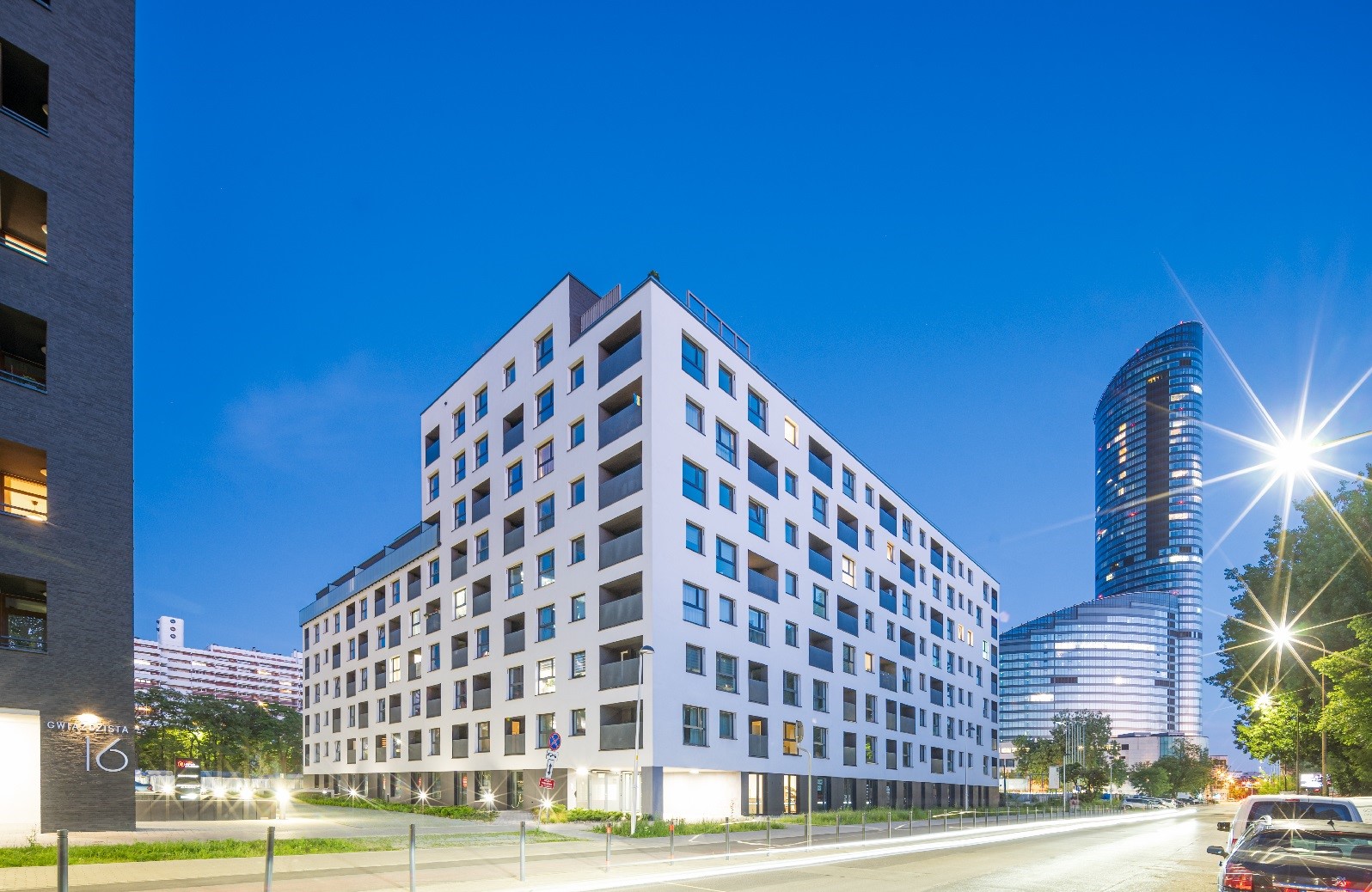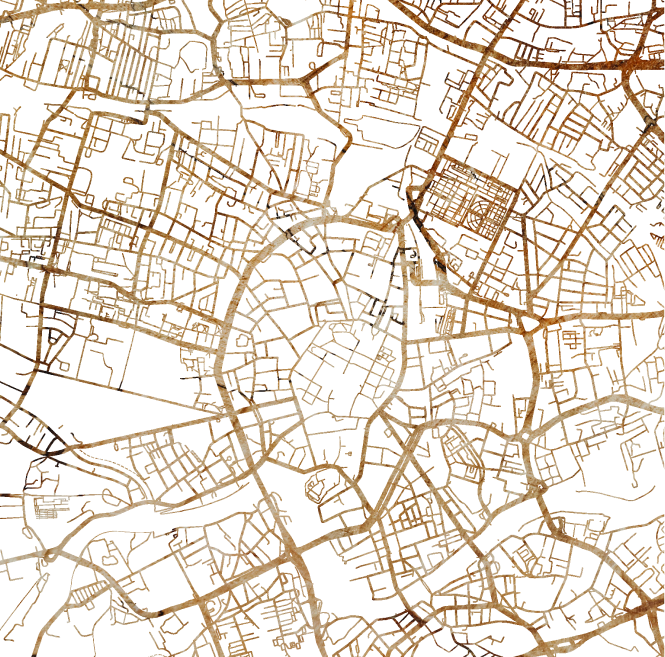Krzyki - an area of many flavours with its sub-districts varying from pre-war townhouses to modern tower blocks
Locals describe Krzyki as a catch-all term for the numerous districts that fall within the city’s south-eastern chunk.
Based in Wroclaw, Poland
Based in Wroclaw, Poland
Krzyki
Vast in size, locals describe Krzyki as a
catch-all term for the numerous districts that fall within the city’s south-eastern
chunk. Formally established in 1952, it’s an area of many flavours with its
sub-districts varying from prestige postcodes in pre-war districts to tower
block developments imposed on the city in the 60s and 70s. As part of this
varied patchwork of style, parks and leisure facilities are amply spread around
and include a historic horse-racing track with an elaborate grandstand dating
from 1907. Beginning with a sand-coloured train station built in 1857, Krzyki
is awash with history, and this reveals itself further down via a controversial
cemetery dedicated to the Soviet soldiers that fell during the 1945 siege of
Festung Breslau. Frozen in time, the Jewish Cemetery, meanwhile, is poignantly
beautiful with its vine-encrusted shattered tombs making it one of Wrocław’s most
enchanting and touching sites.

Architecture & Property
So large is Krzyki that it almost defies
classification. As the sum of many parts, different sub-districts tout their
own distinct flavour, something that becomes apparent visiting the scenic area
of Borek. Here, down elegant tree-lined side streets, often lavish pre-war
mansions bristle amid the pretty greenery. Just outside of Borek, the Centauris
apartment complex provides a contemporary counter-balance to the historic
undercurrent. Slotting below Borek, and spidering around the city’s
horse-racing track, areas such as Oltaszyn, Partynice and Krzyki are famed for
their detached and semi-detached modernist era properties, whilst Wojszyce and
Klecina also tout a large stock of family-friendly lettings planted around
quiet, sleepy side streets.
Closer to the centre, it's unlikely you will
miss the Sky Tower; briefly enjoying a fleeting moment as Poland’s tallest
building, this 51-storey glass behemoth is naturally regarded as a high
prestige address whose commanding views aren’t the sole selling point. Symbolic
of modern day Wrocław, it’s become the defining landmark of Krzyki. Close by, Nowe
Centrum Południowe is a dynamically developing office-residential complex that
complements the work-play-live model espoused by the immediate area.
As conspicuous as it is, the Sky Tower is not
the only notable piece of standalone architecture; in the form of Browar
Mieszczański the city has a unique arts and events space set to an edgy,
post-industrial background, whilst the red brick water tower on Sudecka mixes
Neo Gothic and Neo Romanesque inspirations to present one of the most bizarre
sights in the city – it wouldn’t look out of place in the works of J.K.
Rowling.
Architecture & Property
So large is Krzyki that it almost defies
classification. As the sum of many parts, different sub-districts tout their
own distinct flavour, something that becomes apparent visiting the scenic area
of Borek. Here, down elegant tree-lined side streets, often lavish pre-war
mansions bristle amid the pretty greenery. Just outside of Borek, the Centauris
apartment complex provides a contemporary counter-balance to the historic
undercurrent. Slotting below Borek, and spidering around the city’s
horse-racing track, areas such as Oltaszyn, Partynice and Krzyki are famed for
their detached and semi-detached modernist era properties, whilst Wojszyce and
Klecina also tout a large stock of family-friendly lettings planted around
quiet, sleepy side streets.
Closer to the centre, it's unlikely you will
miss the Sky Tower; briefly enjoying a fleeting moment as Poland’s tallest
building, this 51-storey glass behemoth is naturally regarded as a high
prestige address whose commanding views aren’t the sole selling point. Symbolic
of modern day Wrocław, it’s become the defining landmark of Krzyki. Close by, Nowe
Centrum Południowe is a dynamically developing office-residential complex that
complements the work-play-live model espoused by the immediate area.
As conspicuous as it is, the Sky Tower is not
the only notable piece of standalone architecture; in the form of Browar
Mieszczański the city has a unique arts and events space set to an edgy,
post-industrial background, whilst the red brick water tower on Sudecka mixes
Neo Gothic and Neo Romanesque inspirations to present one of the most bizarre
sights in the city – it wouldn’t look out of place in the works of J.K.
Rowling.
Greenery & Recreational Spaces
Residents of Krzyki are spoiled for choice when it comes to parks. Of the more high profile, the jewel in the crown is Park Południowy, a tranquil idyll with a large lake, romantic little bridges, decorative ponds and a larch wood gazebo built recently to replace the 19th century original after it burned down. As if to underscore its candidacy for the title of Wroclaw’s most romantic park, a statue of the composer Chopin sits amid blooming flowers. Featuring a maze made from hedgerows, Park Brochowski also enjoys great popularity as do the green spaces of Skowroni and Andersa. For those favouring a more active approach to life, the Aquapark is regarded as one of the best facilities of its type in Central Eastern Europe.
